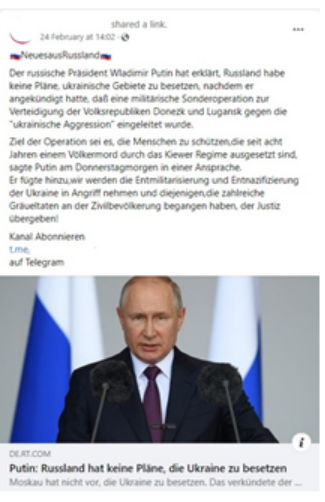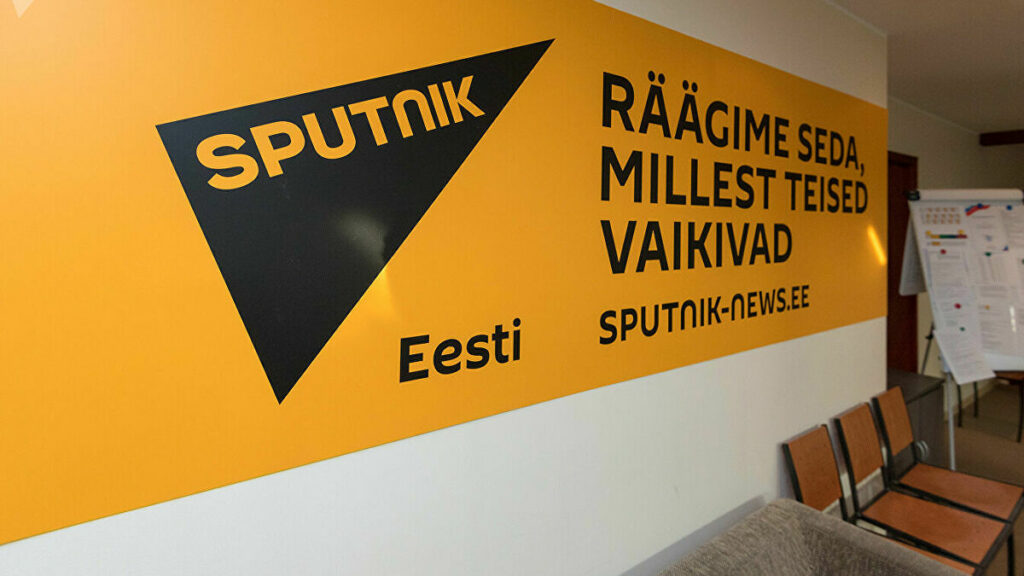US media is reporting that media literacy classes that teach students to look at the whole ecosystem in which the information resides might serve as a powerful tool to create a more disinformation-resistant public. According to an op-ed published by the New York Times:
March 7, 2022 Given the difficulty of regulating every online post, especially in a country that protects most forms of speech, it seems far more prudent to focus most of our efforts on building an educated and resilient public that can spot and then ignore disinformation campaigns. Over the past five years, Finland has become one of the world’s leaders in disinformation education. High school students there are given a series of political topics and asked to compile lists of stories and commentary from across the internet. They’re then tasked with investigating the veracity of claims. In some schools, even elementary school students are given a “tool kit” that provides them with ways to spot dubious information online. A potentially useful outlier is Estonia, a country that has roughly the population of San Diego. In 2010, after years of political turmoil and a wide-ranging series of cyberattacks, the government of Estonia decided to mandate media literacy education for all of its public school students. Elementary and middle school students are taught, for example, how online content is created and how statistics can be manipulated. In high school, lessons about social media, trolls, the difference between fact and opinion and criteria for good sources help students become more critical thinkers. All this seems promising, especially when you consider that Estonia, a relatively poor country, has media literacy rates that surpass those of much wealthier countries like Germany and Sweden.
Read the rest here.
The Global Influence Operations Report has previously reported on various defensive efforts to build resilience against disinformation, including:
- How Estonia is organizing cultural courses such as cooking classes to integrate the Russian-speaking population in Estonia to make them less susceptible to propaganda from Russia
- How Lithuanian media literacy projects made the Lithuanian population less susceptible to Russian disinformation
- How Ukrainians with stronger analytic reasoning skills are better insulated against Russian propaganda
Media literacy programs to decrease vulnerability to information operations have been promoted and recommended by private and public actors such as Facebook’s parent company Meta, the European Liberal Party, and NATO.












